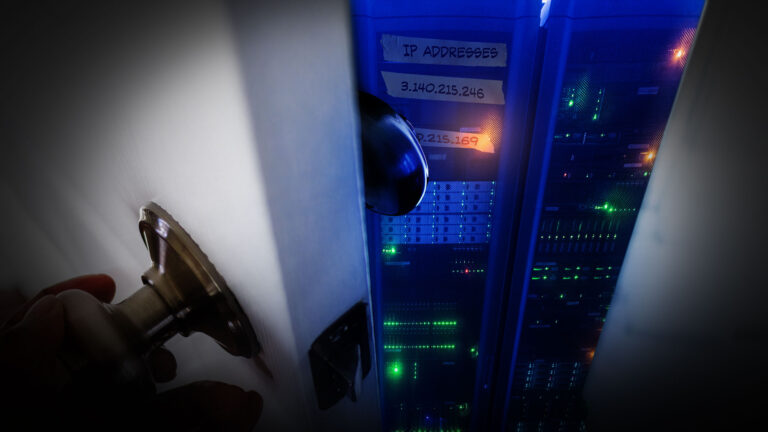A few months back, I put together a big fat guide on how to configure DNS and DHCP on your LAN the old-school way, with bind and dhcpd working together to seamlessly hand out addresses to hosts on your network and also register those hosts in your LAN’s forward and reverse DNS lookup zones. The article did really well—thanks for reading it!—but one thing commenters pointed out was that my preferred dhcpd implementation, the venerable isc-dhcp-server, reached end-of-life in 2022. To replace it, ISC has for many years been working on the development of a new DHCP server named Kea.
Kea (which for this piece will refer mainly to the isc-kea-dhcp4 and isc-kea-dhcp-ddns applications) doesn’t alter the end-user experience of receiving DHCP addresses—your devices won’t much care if you’re using isc-dhcp-server or isc-kea-dhcp4. Instead, what Kea brings to the table is a new codebase that jettisons the older dhcpd’s multi-decade pile of often crufty code for a new pile of much less crufty code that will (hopefully) be easier to maintain and extend.
Many Ars readers are aware of the classic Joel on Software blog post about how rewriting your application from scratch is almost never a good idea, but something like isc-dhcp-server—whose redesign is being handled planfully by the Internet Systems Consortium—is the exception to the rule.




